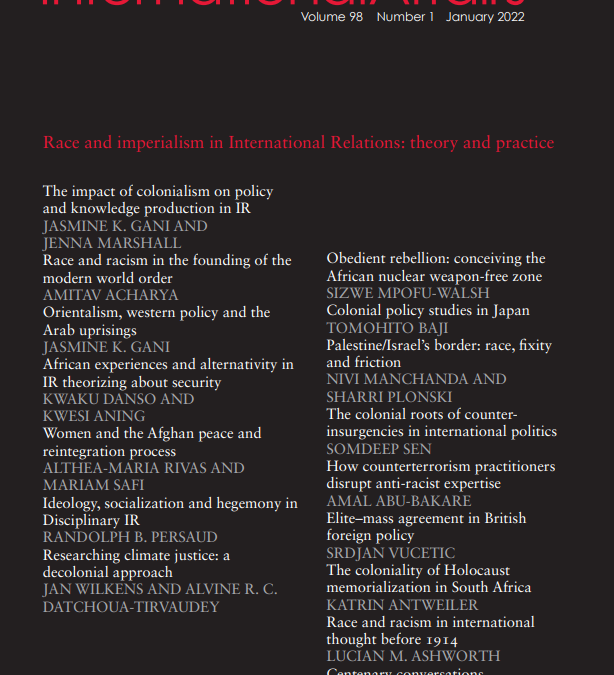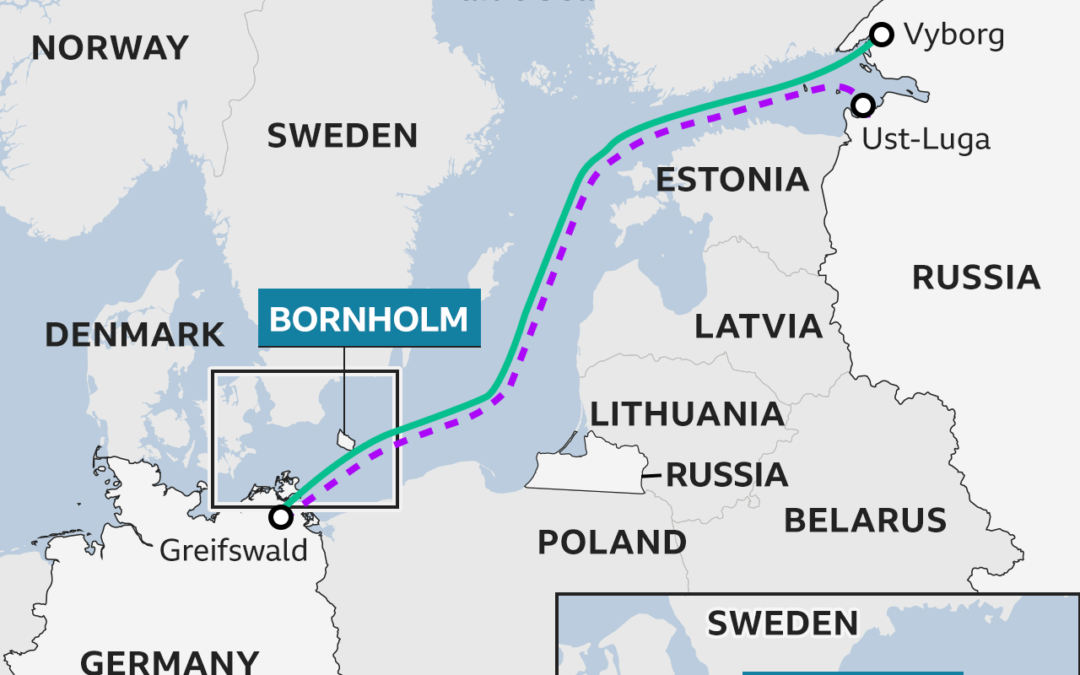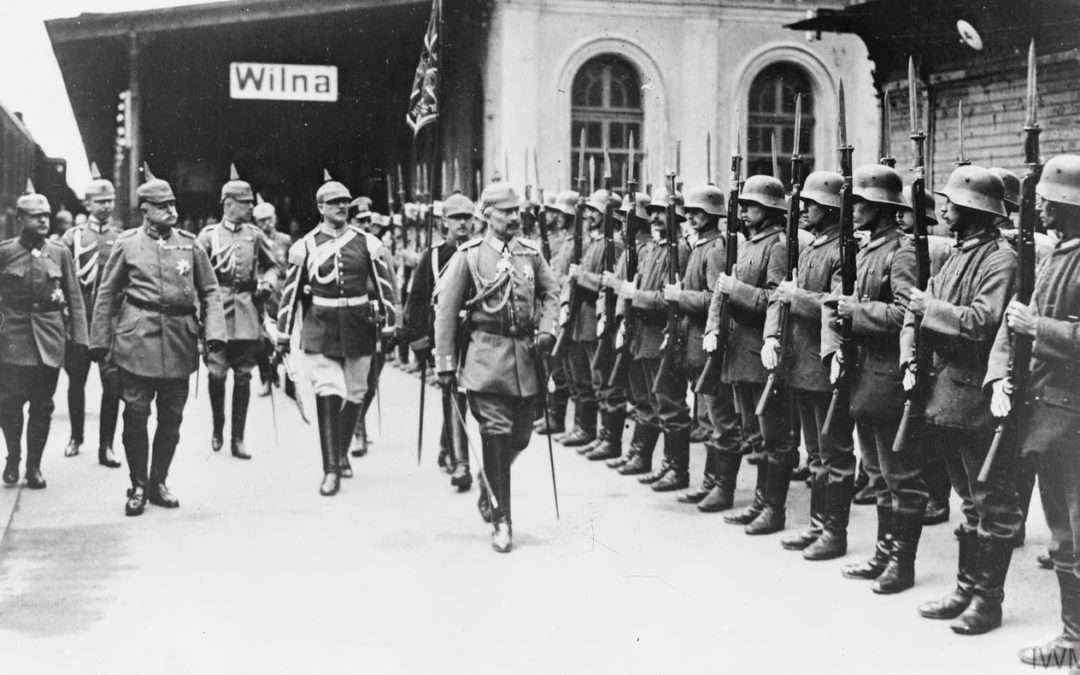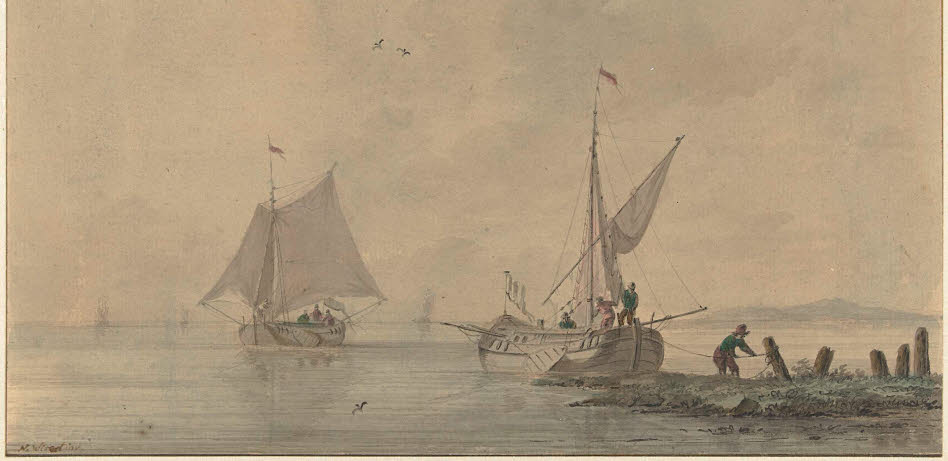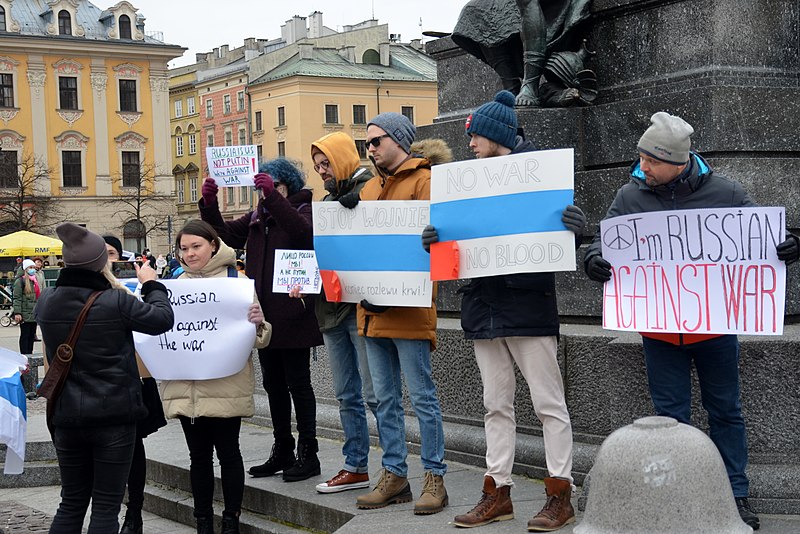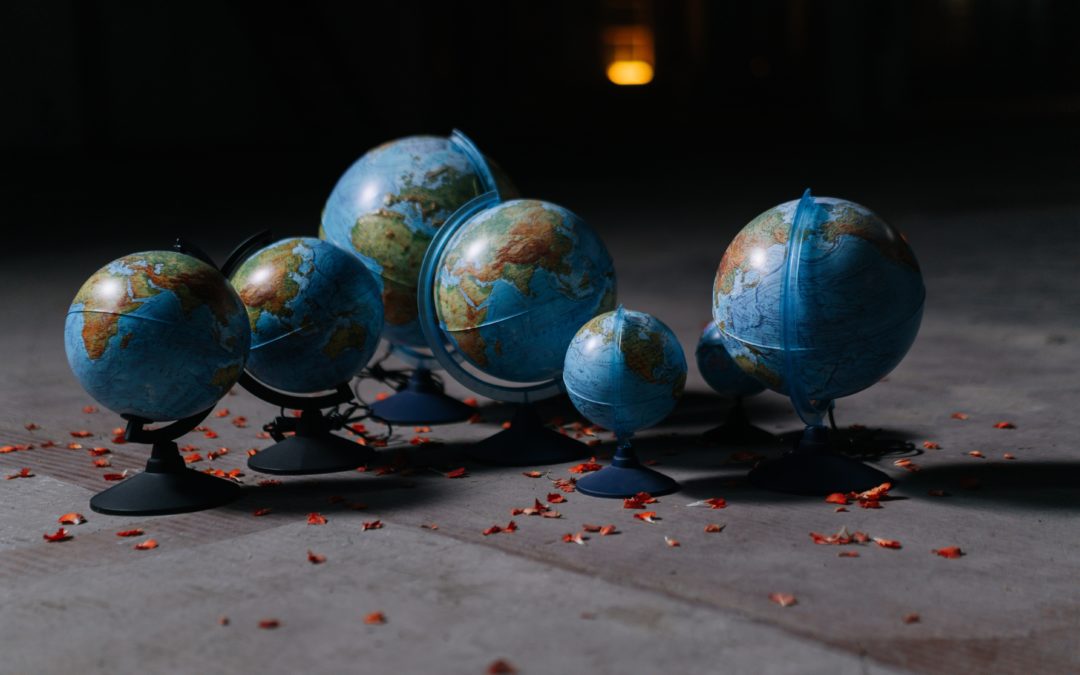I dislike the term “soft power.” We owe the term to the late, great Joseph Nye. He popularized it in his 1990 book, Bound to Lead. Nye’s book was, first and foremost, an intervention in the “declinism” debates of the later 1980s. Japan was at the peak of its...

